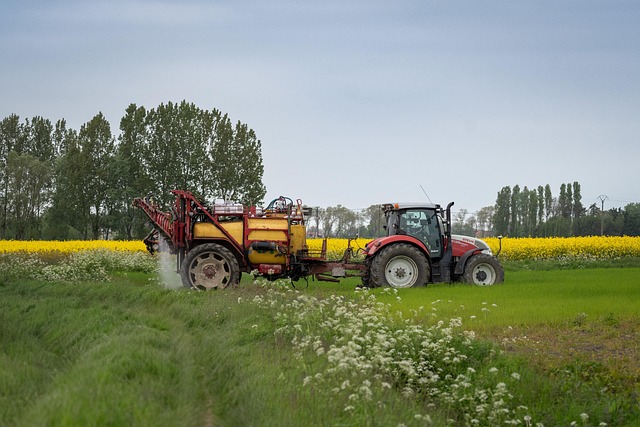In recent years, the intersection of sustainability and technology has given rise to transformative changes across various sectors, particularly in agriculture. The emergence of electric agricultural machines is heralding a new era in rural development, aligned with the pressing need for eco-friendly practices to combat climate change. These innovations are not just machines; they symbolize a shift toward greener farming practices, ensuring a sustainable future for our rural communities.
Transport sustainability is at the core of this revolution. Traditional farming methods rely heavily on diesel and petrol-powered machinery, contributing significantly to greenhouse gas emissions. The adoption of electric agricultural machines drastically reduces this carbon footprint, making farming a more sustainable enterprise. Without the noise and emissions of conventional engines, electric machines promote healthier working environments for farmers and rural communities.
The benefits extend beyond environmental impact. As these machines become more widely adopted, rural areas experience an economic uplift. Electric agricultural machines are often more efficient, requiring less maintenance and enabling farmers to operate more effectively. This efficiency can lead to increased yields and foster local economies. Moreover, with the integration of smart technology, these machines provide invaluable data insights, empowering farmers to make informed decisions about their crops, thus enhancing productivity further.
Electric agricultural machines also enhance accessibility. In many rural areas, especially in developing countries, access to advanced technology has been a challenge. The shift toward electrification and simplicity in design means that even small farmers can benefit from these innovative tools. Solar-powered charging stations are paving the way for autonomously operating machines, giving farmers the flexibility to work anywhere while still contributing to rural infrastructure development.
Furthermore, the adoption of electric machines promotes community-building as farmers explore cooperative models for sharing resources. This approach not only maximizes the use of electric technology but also strengthens the social fabric of rural areas. By working together, farmers can tackle larger agricultural challenges, enhance knowledge sharing, and push for enhanced sustainability practices in their communities.
Ultimately, the revolution brought on by electric agricultural machines is a multi-faceted opportunity. As countries around the globe recognize the urgency of adopting sustainable practices, electric machines are at the forefront of this transformation, driving improvements in rural development. It’s a thrilling time for innovation in agriculture, where the focus on environmental responsibility harmoniously intertwines with the need for economic stability in rural regions, proving that technology can indeed be a force for good.




